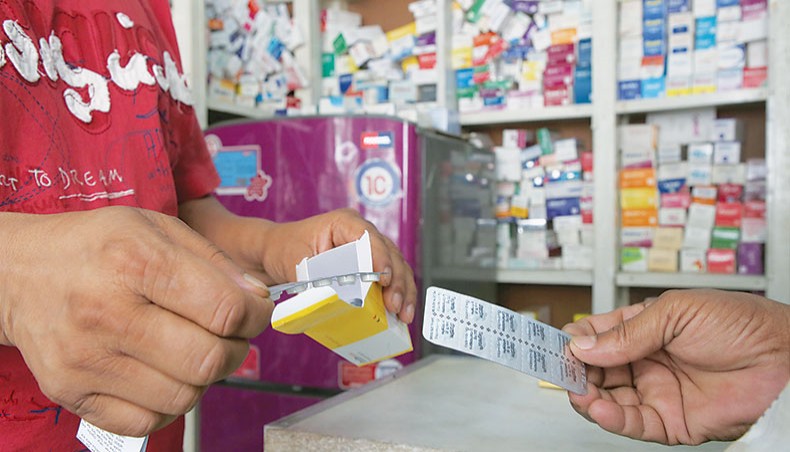Originally posted in lightcastlebd.com on 30 March 2020

The Pharmaceutical sector has 257 licensed players, among which, 150 are functional. Bangladeshi manufacturers meet 98% of national demand for pharmaceutical products. According to IQVIA, the size of the sector as of 2018 stood at BDT 205.12 billion [1]. With a historical 5 years’ CAGR of 15.6%, the sector is predicted to grow to $5.11 billion by 2023. Currently, 98% of pharmaceutical demand is met locally, while only 2% are served via imports. Out of these, 80% are Generic drugs and 20% are Patented drugs. Bangladesh’s drug export is also growing at a healthy rate and contributed USD 120 million as of FY 2018-19.
Immediate term impact of the pandemic
On the demand side, the COVID-19 outbreak is expected to lead to higher demand of sanitizing chemicals, and other medications in the short-term, as healthcare professionals and patients alike seek prevention and basic treatment measures.
On the supply side, Active Pharmaceutical Ingredients (APIs), which are the raw materials for the pharmaceutical sector, are highly import-dependent. Bangladesh imports about 95 percent of all APIs worth Tk 5,000 crore annually from abroad, the largest quantity from China, followed by South Korea and India [2]. Although the COVID-19 outbreak has thus far not had a large impact on the local pharmaceutical sector, the spread of the pandemic is expected to lead to a shortage of APIs in the near-term. The ban on API exports from India [3] is a harbinger of hard times for the import-dependent industry.
In the forward market, the industry is not expected to suffer from any potential lockdown, as pharmacy counters are considered a part of essential services. However, a government enforced lock-down might disrupt production (factory closure), distribution and marketing.
Long-term ramifications
International drug prices have increased and If COVID-19 persists, the limited supply of APIs and formulations in the international market will drive up prices of raw materials further [4]. On the other hand, if the COVID-19 outbreak leads to a recession, or even a reduction in the economic growth of the country, pharmaceutical companies will have less room for passing on the price increases to the customers, which will eat into their profit margins. DGDA regulations will also make a price increase difficult to justify for the industry. The dependency on imports can also erode the sector’s international competitiveness and may lead to stunted growth in export.
Policy support and other means to mitigate the negative impacts of Covid-19
The government should encourage pharmaceutical players to invest in their R&D processes to increase their capacity to ramp up production of possible vaccines as soon as one has been proved effective after clinical trials. In this regard, the government can enable partnerships between the WHO and private sector pharmaceutical companies to bring these vaccines to market, making use of the TRIPS exemptions that the country enjoys.
Author: Saif Nazrul, Business Consultant, LightCastle Partners
The LightCastle team has been analyzing the macro and industry level picture and possible impacts wrought about by the Covid-19 crisis. Over the following days, we’ll be covering the major sectors shedding light on the possible short and long term ramifications of the global pandemic. Read all the articles in the series.
References
- IQVIA Coverage
- A new horizon opens for pharma ingredient makers – The Daily Star
- Covid-19: Export curbs on imported API drugs under review – Economic Times India
- India Inc in a cold sweat as lockdown in China continues – Economic Times India


Leave A Comment